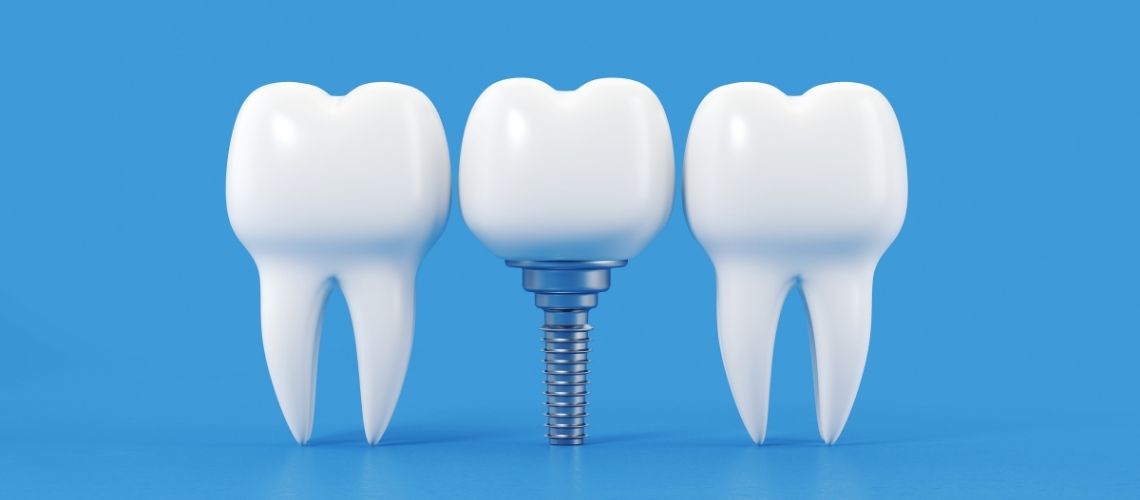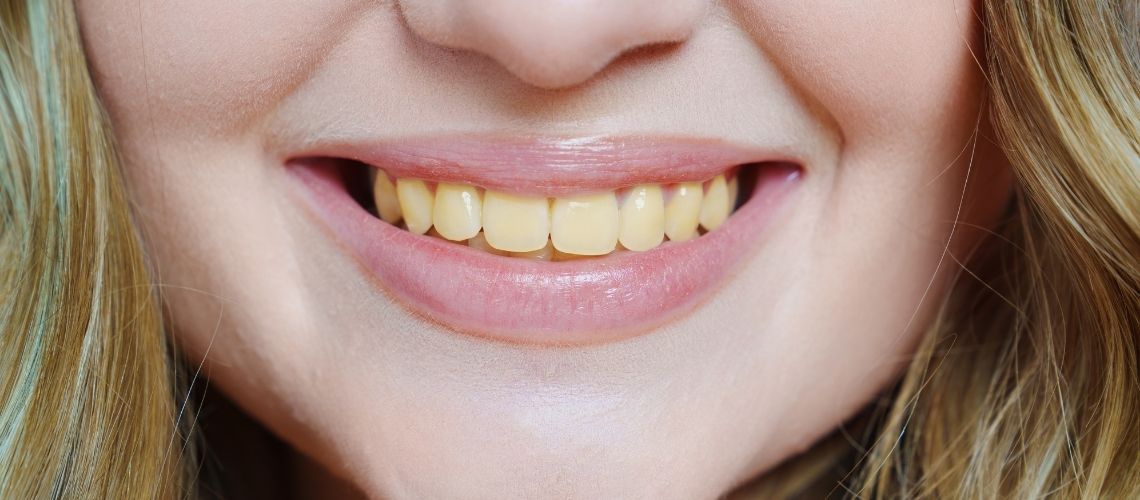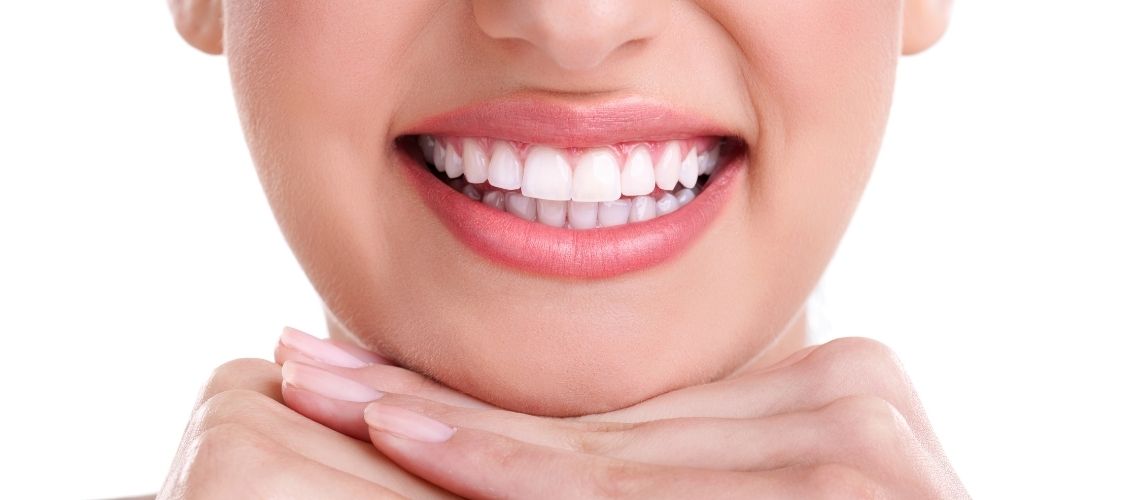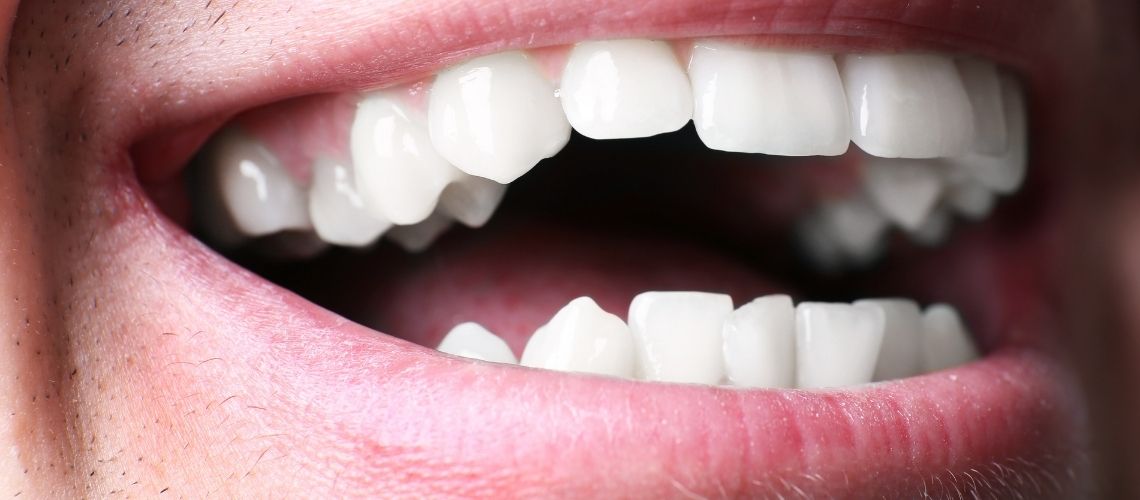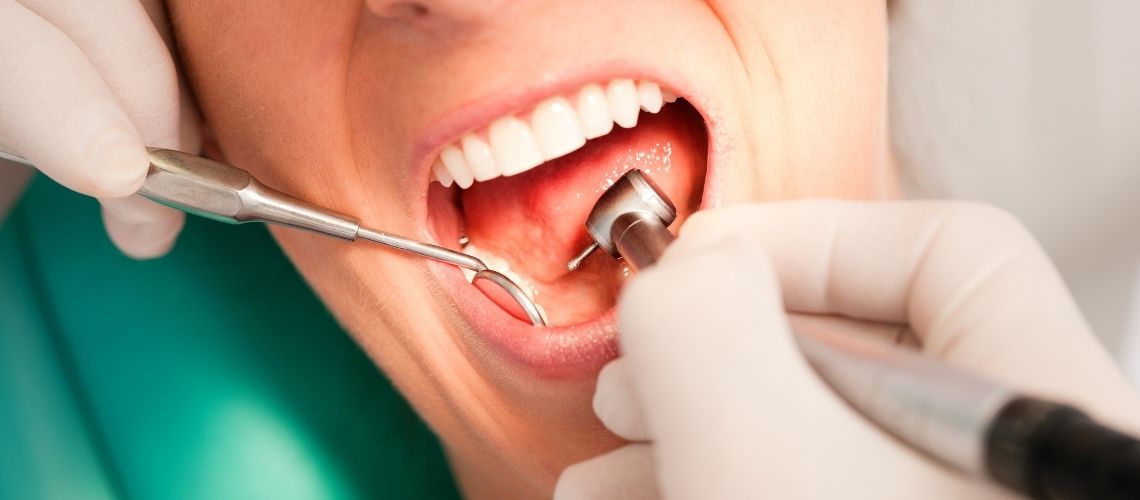Babies’ teething process is often a challenging one. During this period, their gums become sensitive and swollen. Hormonal effects soften the gums, making it easier for the teeth to emerge. However, this can also cause pain in babies because the tissue under the gums gradually wears down, increasing sensitivity. Especially during this time, the baby’s discomfort can be worrying for parents. Therefore, being aware of teething symptoms can be very helpful for parents. These symptoms typically manifest as crying episodes, drooling, and redness in the gums.
Timing of Babies’ Teething
Babies generally start teething around the sixth month. This process can vary, with some babies starting to teeth at earlier ages and others a bit later. Every baby has its own natural development schedule, so there is no need to worry about the timing of your baby’s teething. To understand when the teething process begins, parents can look out for the following signs:
- Increased drooling
- Redness and swelling in the gums
- Need to chew on objects
- Restlessness and crying episodes
- Slight fever
These signs indicate that your baby’s teething process has begun.
How Long Does the Teething Process Last?
The teething process in babies shows individual differences. Generally, the first teeth appear around the sixth month. This process can start earlier or later in some babies. The teething period usually lasts until about three years of age. First, the front teeth emerge, followed by the lateral teeth and molars in sequence.
- The first baby teeth typically appear between 6-12 months.
- Molars are usually seen between 13-19 months.
Each new tooth eruption creates temporary sensitivity in the gums. This sensitivity begins to decrease a few days after the tooth emerges. However, this process is repeated for each tooth, so the teething phase can sometimes be uncomfortable for babies throughout their first three years. Babies’ reactions during this period may vary.
Symptoms Observed During the Teething Process
The teething process in babies manifests through various physical symptoms. During this period, babies often feel discomfort due to changes in their gums. Hormonal changes soften the gums, and as the teeth surface, the symptoms become more noticeable. These symptoms include:
- Swelling and sensitivity in the gums
- General restlessness and increased crying episodes
- Slight fever (below 38°C)
- Need to bite or chew on hard objects
- Excessive drooling, which can cause rashes on the face
- Mild cough
- Tendency to rub their cheeks or pull their ears
- Frequently putting their hands in their mouth
- Changes in eating and sleeping patterns
When parents notice these symptoms, they should understand that the baby’s teething process has started. However, it is important to note that symptoms like diarrhea, vomiting, high fever, and severe cough are not among the teething symptoms. In such cases, a healthcare professional should be consulted immediately. Similarly, if there is bleeding in the gums or abnormal conditions like pus and swelling on the face, a doctor’s advice should be sought.
Teething Symptoms in Babies: Fever, Gum Problems, and Rashes
The teething process in babies manifests through various physical symptoms. Initially, teething fever may be observed. In this case, the baby’s body temperature can range between 37.7 and 38°C. If the fever rises further, it could indicate another health issue independent of teething. Therefore, a doctor’s examination is essential in case of high fever. Redness and swelling in the gums are also common symptoms. As the teeth try to surface, the gums stretch, causing temporary discomfort.
Additionally, increased saliva production is observed during teething:
- This can lead to skin irritation and subsequent rashes.
- Rashes are usually seen on the cheeks, chin, and chest area.
Parents should regularly clean the baby’s face and chest to alleviate these rashes. This simple measure can prevent further skin irritation and increase the baby’s comfort. Each symptom is considered a natural part of the teething process and can generally be managed without serious health issues. Being patient and taking necessary precautions provide great benefits to parents.
Differences Between Teething and Ear Infections
The similar symptoms of teething and ear infections in babies often cause confusion among parents. In both cases, babies usually become fussy and cry more. Touching their faces is a common behavior during these periods. Particularly, putting their hands in their mouths is considered a teething symptom. Additionally, changes in eating and sleeping patterns may occur.
However, babies with ear infections exhibit some symptoms not seen during the teething process:
- High fever
- Severe pain
- Fluid discharge from the ear
- Balance problems
- Difficulty hearing or lack of response to sounds
These symptoms help distinguish an ear infection from teething and allow parents to make the correct diagnosis.
Stages of Teething
The teething process in babies generally begins with the appearance of the first lower front teeth. The lower front teeth start to emerge from the sixth month and are usually complete by the tenth month. Then, the upper front two teeth appear. These teeth may start to emerge from the eighth month and continue until the twelfth month.
- First, the two front lower teeth emerge.
- Then, the two front upper teeth appear.
- The teeth next to the upper front teeth follow.
- The teeth next to the lower front teeth emerge.
- The first two molars appear both in the upper and lower jaw.
This process usually begins around 13 months and can continue until 19 months in babies. By the end of the teething stages, babies will have 20 primary teeth in their mouths. When the baby reaches three years old, all the primary teeth will have emerged. Being aware of this process allows parents to better respond to their babies’ needs.
How to Comfort Your Baby During Teething
There are various methods to relieve your baby’s pain and discomfort during teething. The pain and sensitivity in the gums are natural parts of the teething process. However, some simple measures can help your baby feel more comfortable.
First of all, cold applications are very effective for your baby. Cold can reduce blood flow in the gums, alleviating pain and inflammation. For this, you can offer your baby:
- Cooled teething rings,
- Cold spoons,
- Clean and moist cold cloths.
It is important to keep these items clean. Make sure to wash and disinfect them after your baby has put them in their mouth.
You should be cautious with teething gels. Gels applied directly to your baby’s gums often lose their effect quickly and can cause unwanted side effects. It is especially important to avoid products containing benzocaine. These products are not recommended for children under two years of age by the Food and Drug Administration (FDA) of the United States.
Painkillers can provide temporary relief for your baby. Medications containing acetaminophen are suitable for babies aged two months and older. Always consult a healthcare professional before using these medications and follow their recommendations.
Moreover, some foods can also provide natural relief. If your baby is eating solid foods, you can give them cold applesauce or yogurt. These foods are both nutritious and cold, which has a soothing effect on the gums.
Natural Pain Relievers During Teething
Teething can be an uncomfortable process for babies. Natural methods are often preferred to relieve pain during this period. Cold treatment applied to babies’ gums is one of the most common methods. Cold can temporarily numb the pain by creating a cooling effect on the gums. Parents can use various natural solutions to soothe their baby’s gums:
- Cold cloths: Wet a clean cloth, tie it into a knot, and cool it in the refrigerator.
- Pacifier: Cool your baby’s pacifier to reduce gum pain.
- Massage: Gently massage your baby’s gums in circular motions.
Drinking cold water can also soothe the gums, especially for babies over six months. Cold water applies slight pressure to the gums, reducing pain. However, care should be taken when using natural solutions. For example, gel-filled teething rings may harden in the freezer and
become unsuitable for babies. Such products should be avoided for the safety of the baby.
Additionally, babies often want to nurse more frequently during the teething process. Breastfed babies may prefer to be nursed more often during this period. To make the nursing process more comfortable, parents can use some natural methods. For example, before breastfeeding, parents can dip their fingers in cold water. This method gently massages the gums, providing relief.
These suggestions can help your baby have a more comfortable teething period. However, it is important to consult a pediatrician before trying any method.
Teething Treatment Methods to Avoid
While some methods are preferred to relieve the pain of teething in babies, parents need to be cautious. Certain products pose safety concerns. Therefore, the following products are recommended to be avoided:
- Liquid-filled teething rings: These products carry the risk of tearing and the leaking fluid may pose a health threat to the baby.
- Products made from breakable materials: Teething rings made from materials such as plastic can pose a choking hazard.
- Teething rings containing lead: Products containing harmful substances should be avoided.
- Fully frozen products: These products can be too hard for the baby’s mouth and cause harm.
- Teething gels and medications: Excessive use of these products carries a risk of ingestion and can numb the tongue and throat, which can be dangerous.
- Homeopathic teething tablets: These tablets, containing dangerous ingredients such as belladonna, can cause breathing problems and seizures.
- Teething necklaces: These necklaces pose a choking hazard and can break easily. Claims that amber releases pain-relieving properties when warmed are unproven.
There are concerns about the safety of these products, and parents are advised to seek safer and approved alternatives.
How to Care for Your Baby’s New Teeth
Caring for your baby’s teeth is important from the beginning of the teething process. When the first teeth start to appear, oral hygiene should be given more attention. Initially, the gums should be cleaned regularly. The baby’s gums should be gently wiped with a damp cloth at least once a day. This provides relief during the teething process and prevents bacterial buildup.
When the teeth begin to emerge, the cleaning routine should be enhanced. The baby’s mouth should be cleaned carefully after meals. This helps remove food particles and prevent potential cavities.
- Once the teeth emerge, the cleaning frequency should be increased to at least twice a day.
- The baby’s teeth should be brushed with a small amount of fluoride-free toothpaste.
- A soft-bristled toothbrush can be used for the baby’s teeth from the first birthday onward.
- Additionally, the use of dental floss can be introduced.
Finally, it is recommended to visit a pediatric dentist when the child’s first tooth appears or by the first birthday. A professional evaluation greatly contributes to maintaining your baby’s dental health.
Appropriate Times for Visiting the Dentist
The teething process in babies can be a concern for many parents. Professional help may be needed in some situations during this process. It is first recommended to visit a dentist for an initial check-up when your baby turns one year old. This early period helps prevent potential dental problems. Additionally, if you observe abnormal redness, swelling, or bleeding in your baby’s gums, it is important to consult a dentist.
- If your baby shows symptoms affecting their overall health, such as a high fever
- If there is severe redness or swelling in the gums
- If there are crying episodes outside the teething period
These symptoms may indicate health problems beyond the teething process. Therefore, if these situations are observed, it is beneficial to consult a healthcare professional without delay. Especially in cases of emergency intervention, such as damage to the mouth or teeth from a fall, the dentist should evaluate the situation immediately.
Potential Risks of Homeopathic Teething Tablets and What to Do in an Emergency
In 2017, the FDA issued warnings about the safety of some homeopathic teething tablets. The plant belladonna used in these tablets can be extremely toxic. Studies have shown inconsistent amounts of belladonna in these products, which has led to serious health issues in some babies. If your child has been given such products and shows any of the following symptoms, immediate medical intervention may be necessary:
- Seizures
- Difficulty breathing
- Muscle weakness
- Skin redness
- Drowsiness or excessive sleepiness
- Excessive agitation
- Difficulty urinating
- Constipation
These symptoms may indicate belladonna poisoning. Parents should seek emergency medical assistance if they observe these symptoms in their child. Caution should be exercised with products containing belladonna, and it is advisable to seek alternative treatment methods.
Frequently Asked Questions
How can we tell if our baby is about to start teething?
The teething process in babies can be identified by certain noticeable signs. First of all, excessive drooling is often observed in babies. This may also cause redness around the corners of the mouth due to the drooling. Babies typically become more restless at night during the teething period, and this restlessness is usually due to itchy gums. During this time, babies tend to constantly bring their hands and fingers to their mouths. The desire to bite everything is also among the signs of teething. These observations indicate that your baby is about to start teething.
How long does teething discomfort last?
Teething discomfort in babies usually intensifies during the first few days when the tooth is breaking through. While the symptoms may quickly subside in some babies, others may experience prolonged discomfort. The duration of the discomfort varies from baby to baby and can sometimes continue intermittently throughout the entire teething period. Particularly, the duration and intensity of teething can differ depending on the baby’s general health and sensitivity. Although the exact duration of teething discomfort cannot be precisely determined, for most babies, this period can last anywhere from a few days to a few weeks.
How many days does teething last in babies?
The teething process in babies generally lasts about eight days. Various symptoms can be observed during the first four days. By the end of the fourth day, the tooth begins to become visible. Within the next three days, the tooth is completely out. During this period, babies may experience discomfort. The teething duration may vary, but typically it lasts just over a week.
What should be done during the teething period in babies?
Parents can take some precautions during the teething period in babies. First, a clean and cold cloth can be used to massage the gums, which helps soothe the gums. Secondly, when the baby’s appetite decreases, cool and refreshing foods can be offered. Recommended foods include applesauce, yogurt, and pudding. Thirdly, non-plastic teethers can be effective in relieving gum discomfort. Lastly, it is helpful to give the baby cold foods such as a banana or carrot to chew on.
Does a teething child cry all the time?
A teething child does not cry all the time. However, during certain periods, the pressure and pain in the gums may increase the restlessness. During this period, children may tend to cry more during the day and at night while sleeping. Various methods can be used to relieve teething pain. For example, massaging the child’s gums or giving a cold teether can be beneficial. This way, the child can have a more comfortable process, and the crying may decrease. Since every child’s reaction is different, some may go through this period with less trouble, while it may be more challenging for others.
Which teeth are the hardest to come through in babies?
The molars are generally the hardest teeth to come through in babies. These are located at the back of the mouth and can cause more discomfort as they emerge. These teeth have large and broad surfaces. Additionally, as molars are used to grind solid foods, the gums are under more pressure. This makes the process of teething more painful and challenging. Babies usually feel more pain and discomfort during this period.
What are natural remedies for teething pain in babies?
Natural remedies can be quite effective in alleviating the pain experienced during teething in babies. A cold compress can be used to relieve pain, and water-filled teethers can be used for this purpose. Additionally, chamomile oil, gently applied to the gums, can be beneficial in reducing pain. Ginger root, directly applied to the gums, is another natural alternative that provides relief. However, alongside these methods, it is best to consult a specialist in severe cases.
Does teething cause nasal congestion in babies?
Yes, nasal congestion can occur in babies during the teething process. This happens due to the general inflammatory response associated with teething. Especially during this period, increased blood flow and swelling in the mucous membranes may occur in babies. These effects can lead to narrowing of the nasal passages, resulting in nasal congestion. In addition to nasal congestion, a runny nose is also a common symptom during the teething period. These symptoms are often observed in babies during teething and are usually temporary.
Does a teething baby want to nurse constantly?
A teething baby may often want to nurse more frequently. This is because the baby seeks comfort and relief from the discomfort and pain caused by the pressure in the gums. Especially due to the pressure and pain in the gums, frequent nursing provides them with relief. During this period, babies find both physical and emotional comfort in nursing. Therefore, the desire to nurse frequently during teething is normal, and it helps babies get through this challenging period more easily.
Does a teething baby lose weight?
During the teething process, a decrease in appetite may be observed in babies. This is usually temporary and can affect the baby’s daily calorie intake. Reduced food intake can lead to weight loss. Additionally, increased saliva production and occasionally diarrhea associated with teething may also contribute to weight loss. However, this weight loss is not permanent, and once the teething process is over, babies usually regain their normal weight. It is important to ensure that babies are adequately hydrated and well-nourished during this period.
What helps relieve a teething child’s pain?
Several methods can be effective in relieving a teething child’s pain. First, a cold cloth or teether can be used; this reduces swelling and relieves pain. Additionally, gently massaging the child’s gums can provide relief. Breast milk can act as a natural comforter during the teething process.

Dentist Handan Nohutcuoğlu graduated from Ege University Faculty of Dentistry in 1987. He has gained experience in various fields by working in many dental polyclinics throughout his career, combining his knowledge and experience. He continues to work at Hollywood Dental at the moment.


